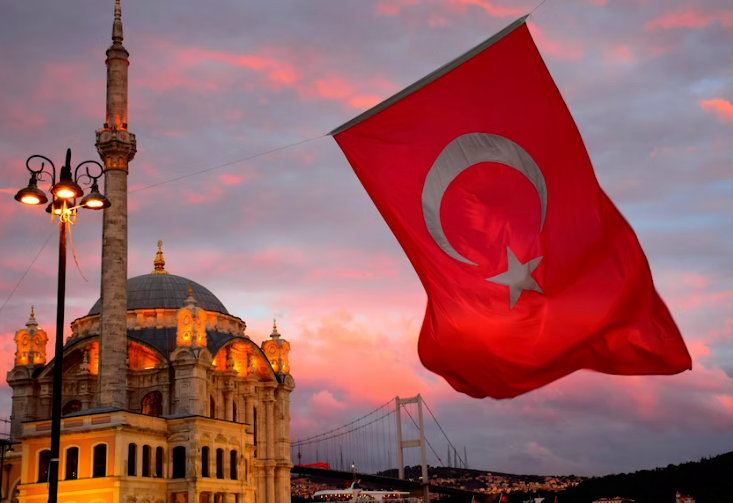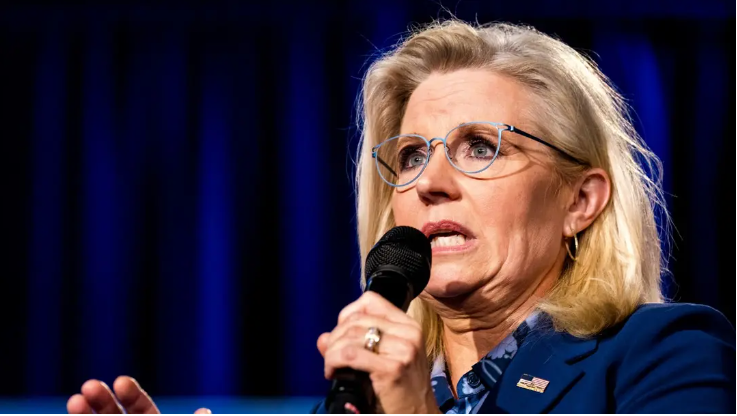Turkey, Egypt Reappoint Ambassadors
The foreign ministries of Egypt and Turkey announced on Tuesday that they have mutually reappointed ambassadors to each other's capitals, the first time since relations broke down in 2013.

Facts
- The foreign ministries of Egypt and Turkey announced on Tuesday that they have mutually reappointed ambassadors to each other's capitals, the first time since relations broke down in 2013.1
- In a joint statement, Turkey and Egypt said that they seek the "renormalization of relations" between the two nations. This year, Turkey and Egypt held numerous high-level talks aimed at the restoration of full relations.2
- Relations between Turkey and Egypt were severed in 2013 after current Pres. Abdel Fattah el-Sisi led the military's ouster of then-Pres. Mohamed Morsi. Morsi, a member of Egypt's Muslim Brotherhood, an Islamist political party, had the backing of Turkey, where the ruling government maintains close ties with the brotherhood.2
- Turkey, suffering from internal economic malaise, has sought to repair relations with many countries in the region, including Israel, Saudi Arabia, and the UAE.3
- Egypt, Bahrain, the UAE, and Saudi Arabia have consistently opposed the Muslim Brotherhood, while Turkey and Qatar remain their most prominent state sponsors. Turkey has asked pro-Morsi media in the country to tone down their criticism of Egypt in recent years.4
- Turkish Foreign Minister Hakan Fidan said following the announcement that he expects relations to "improve rapidly in political, economic and all other fields." In May, the two countries agreed to reinstate ambassadors.1
Sources: 1Reuters, 2Al Jazeera, 3The Times of Israel, and 4FT.
Narratives
- Narrative A, as provided by Egypt Today. Turkey and Egypt have shared cultural heritage and strong economic ties, making an eventual rapprochement inevitable. Turkey has been successfully establishing itself as a power player in the Middle East and has been moving full steam ahead to foster good relations with the other countries in the region as old feuds fade away. The future of regional diplomacy is looking bright.
- Narrative B, as provided by The Economist. Ironically, these overtures made by Turkey are emblematic of Ankara's waning influence. Turkey had once tried to position itself as the primary supporter of the Muslim Brotherhood and political Islam, exporting the ideology to other countries in a bid to become a regional power broker. These efforts have failed, and an economic crisis at home has forced Turkey to make amends with its neighbors, giving up on its middle power dreams.






